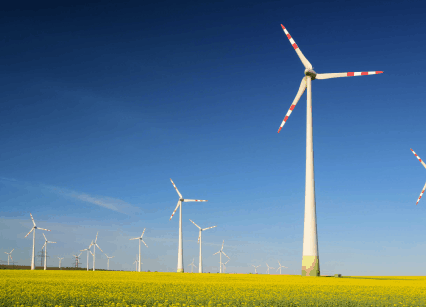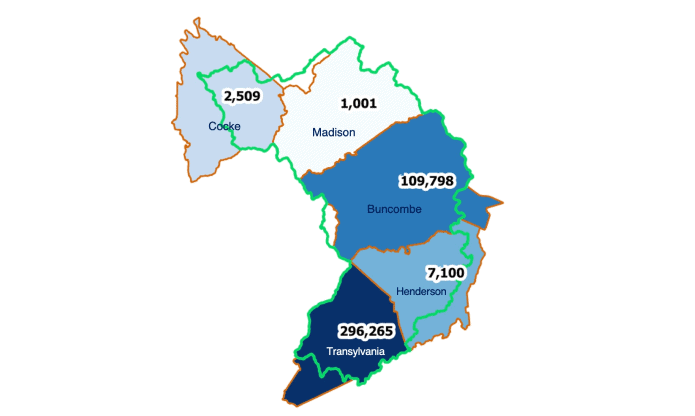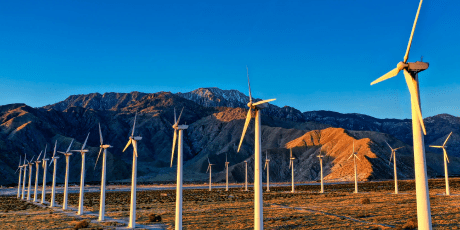Sustainable Solutions for Food, Water and Energy
Long-term sustainability involves comparing a specific resource available in a region with the needs of that region’s population.



Food, water and energy are part of our commons — the shared resources of nature and society that we inherit, create and use. These are traditional commons, such as air, rivers, forests, historic knowledge, indigenous cultures and public spaces; and emerging commons such as solar, other natural energy and open source aspects of the Internet.
A commons works most effectively when it is locally or regionally managed through self-governance and self-sufficiency, with priority given to fulfilling people’s basic needs through equitable and sustainable food, water and energy.

Is there a way to measure the long-term capacity of our common resources? Yes, but this is not apparent to most policy makers. Many analysts don’t consider it because it’s not expressed through market value. Additionally, there is no standard measure for
the sustainability of the commons largely because there are many levels or scales of commons.
This is why the bioregion is used by EDA as a basis of measurement. Bioregions come in all shapes and sizes, so we have chosen to measure bioregions which are close in size to their overlapping political districts. Our research team has found some of the US Geological Survey’s hydrological areas useful for the potential management of bioregions within existing political districts.

Once we know the geographic scale of the bioregion, then we can compute the optimal size of a population that can be sustainably maintained by the resources within that area. This metric is called carrying capacity.
Knowing the carrying capacity of a bioregion helps us in advocating for the passage and application of State bills that appear in our State Model Legislation for Resource Democracy database. On the following pages are some of the practical outcomes that a bioregion can generate by measuring its self-sufficiency in food, water and energy.
Explore sustainable solutions
EXPLORE OUR RESOURCES
Natural cycles

What is carrying capacity?

Research activities

GIS maps

our other programs
Sign up for our newsletter
EDA News is a quarterly publication that includes updates on our activities, feature stories, events, comments from members and reviews of articles from other sources. Read back issues of the newsletter.



